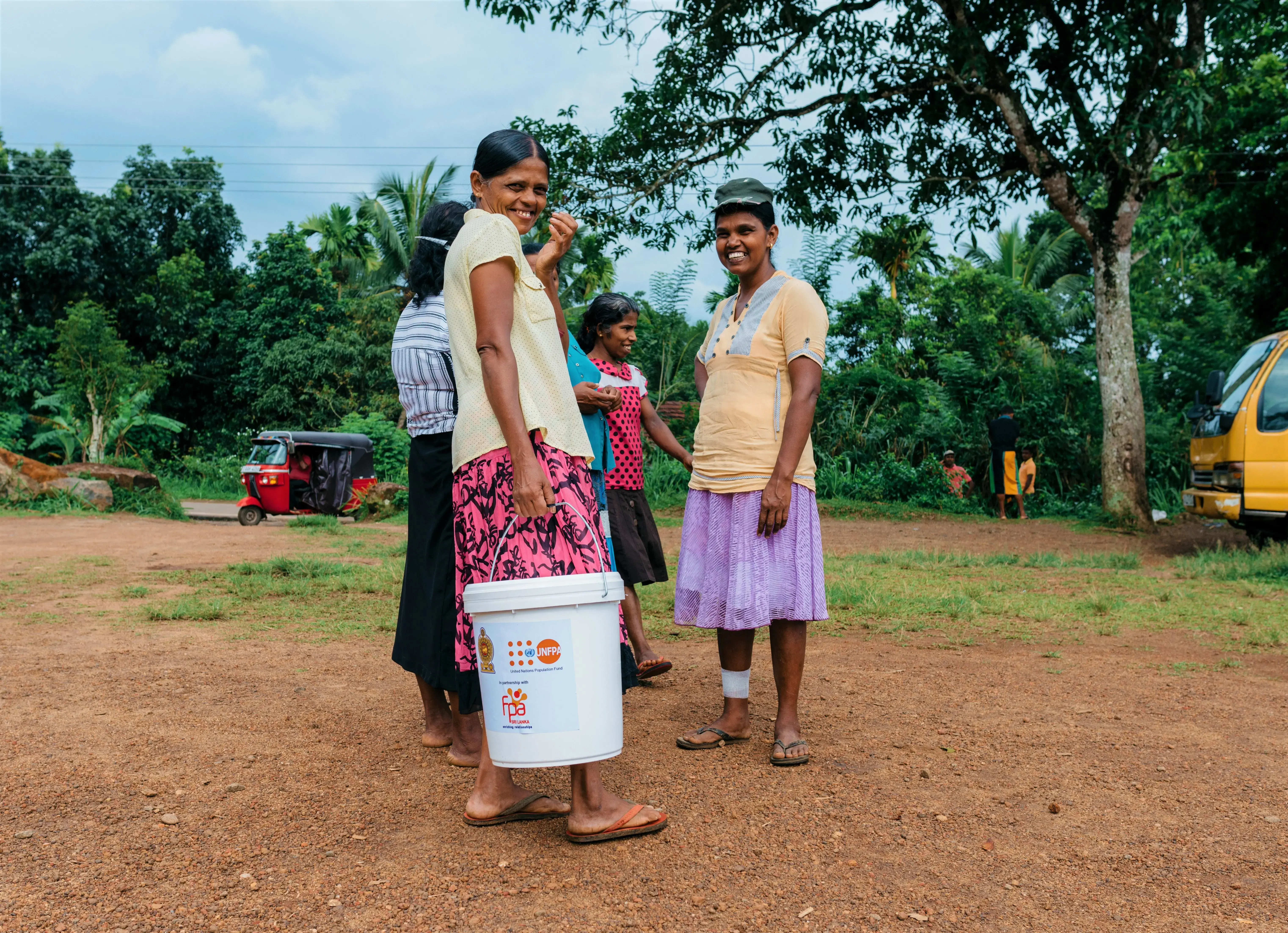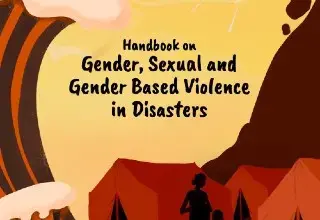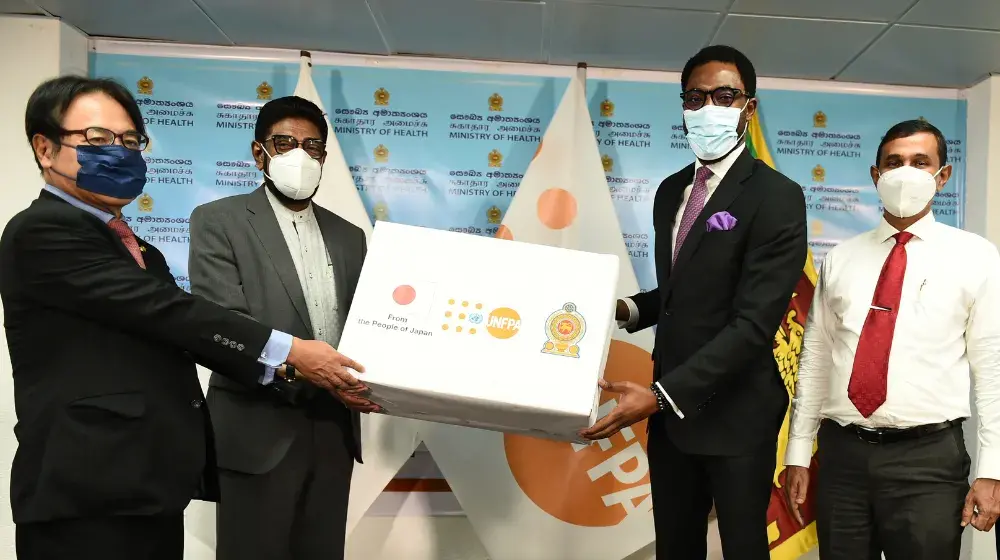Sri Lanka has faced severe drought, floods and landslides in recent years, which has left thousands of women and girls vulnerable during and after emergency situations. In the wake of these disasters, families are left homeless, affecting their security, privacy and hygiene.
In crisis situations, 1 in 5 women of childbearing age in Sri Lanka is likely to be pregnant. Without access to reproductive health services, these women face an increased risk of life-threatening complications.
UNFPA works closely with the Government of Sri Lanka and local partners to ensure that reproductive health is integrated into emergency response.
During emergencies in Sri Lanka, UNFPA:
- Distributes maternity kits for pregnant women and mothers of infants to support antenatal, safe delivery and post-partum care.
- Distributes dignity kits for women and girls of reproductive age to help maintain their hygiene and health, which includes essential supplies such as menstrual pads, soap and underwear.
- Provides women friendly spaces which offer a space for women and young girls to feel physically and emotionally safe. At these safe spaces, UNFPA provides psychosocial assistance and conducts regular programmes to increase awareness on gender-based violence through the support of local partners.
- Strengthens sexual and reproductive health services through reproductive health clinics where local health systems have been damaged or are not functioning regularly during emergencies. The clinics bring much needed services and supplies - including contraceptives – directly to crisis affected populations.





